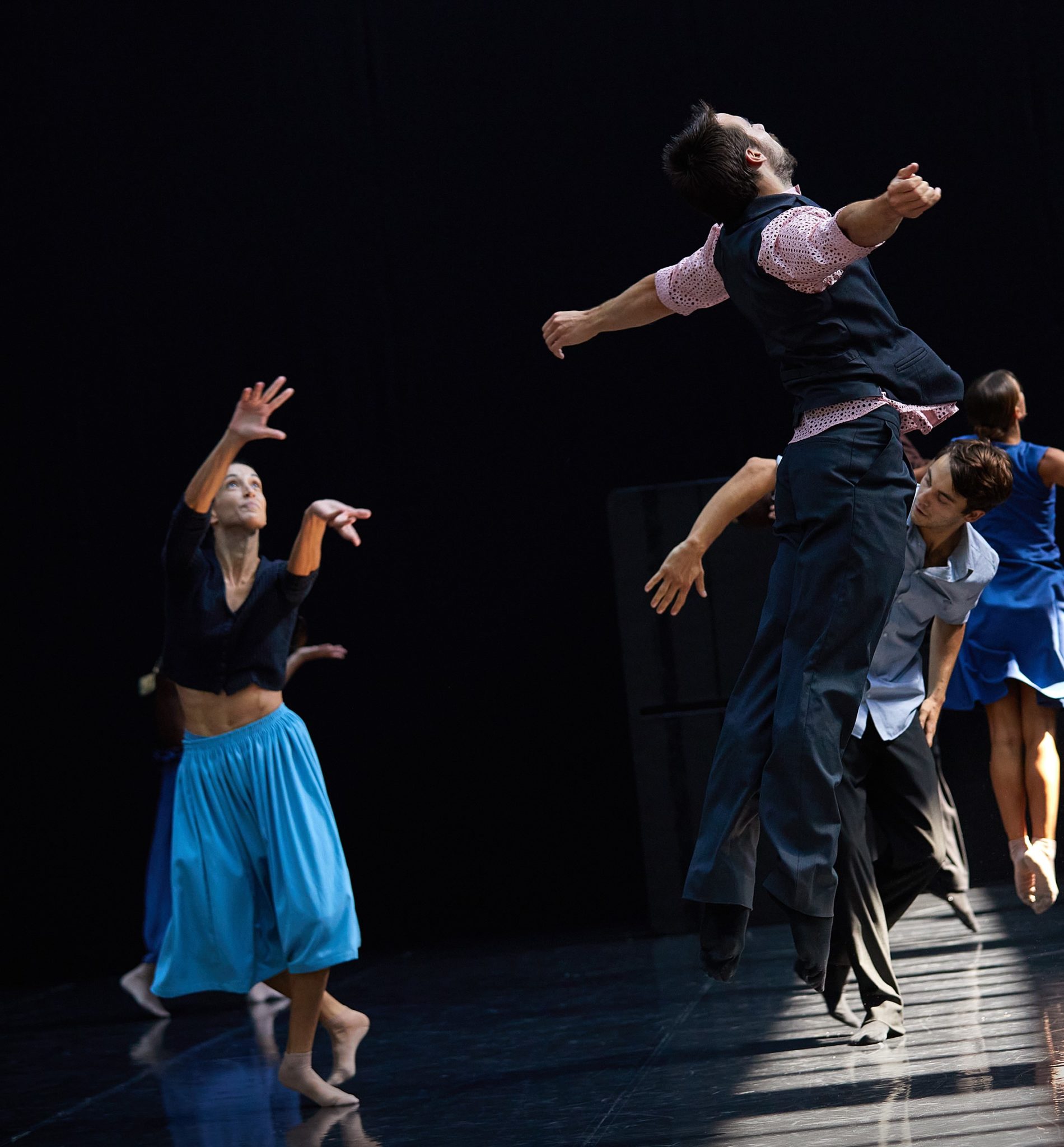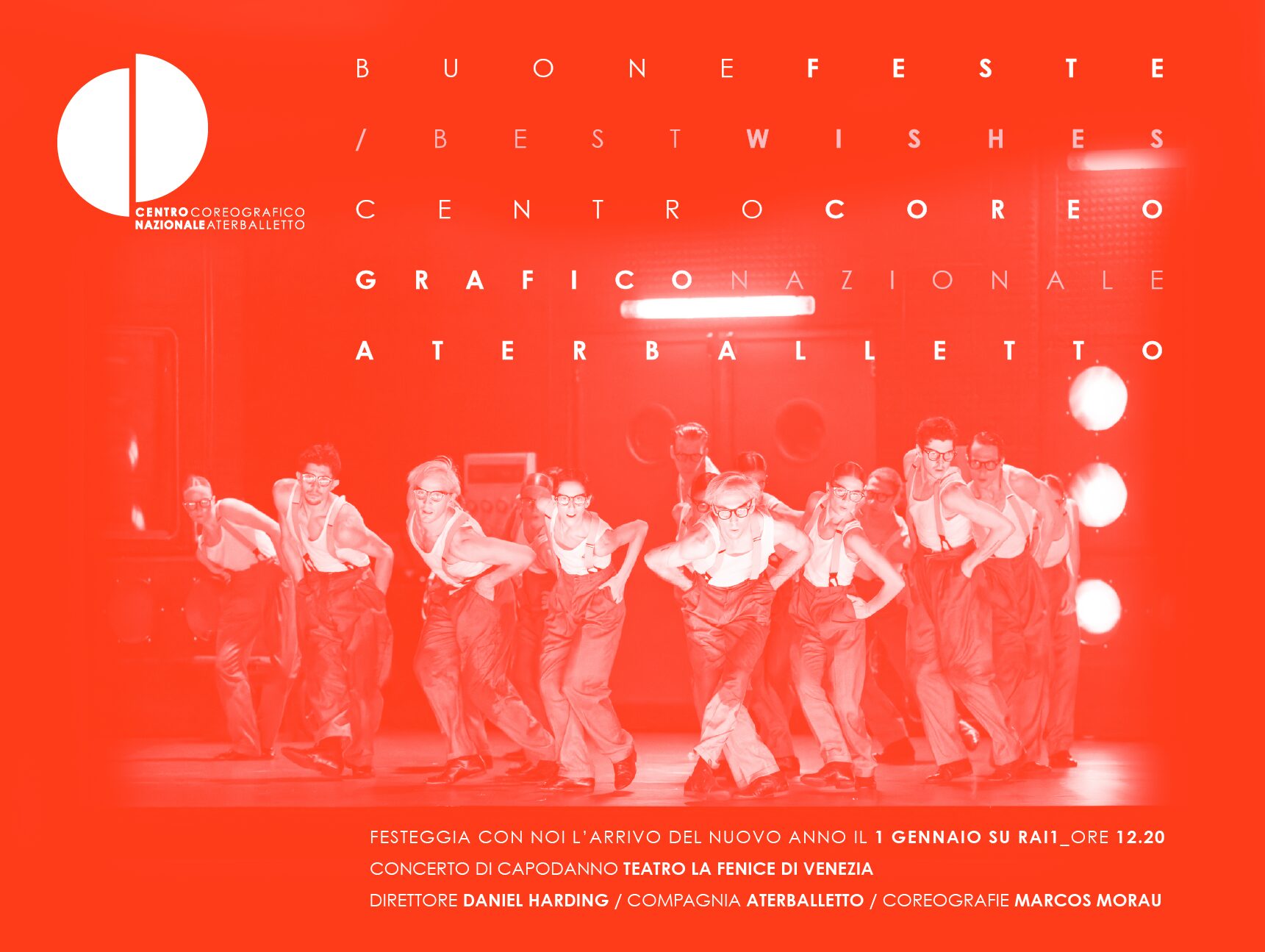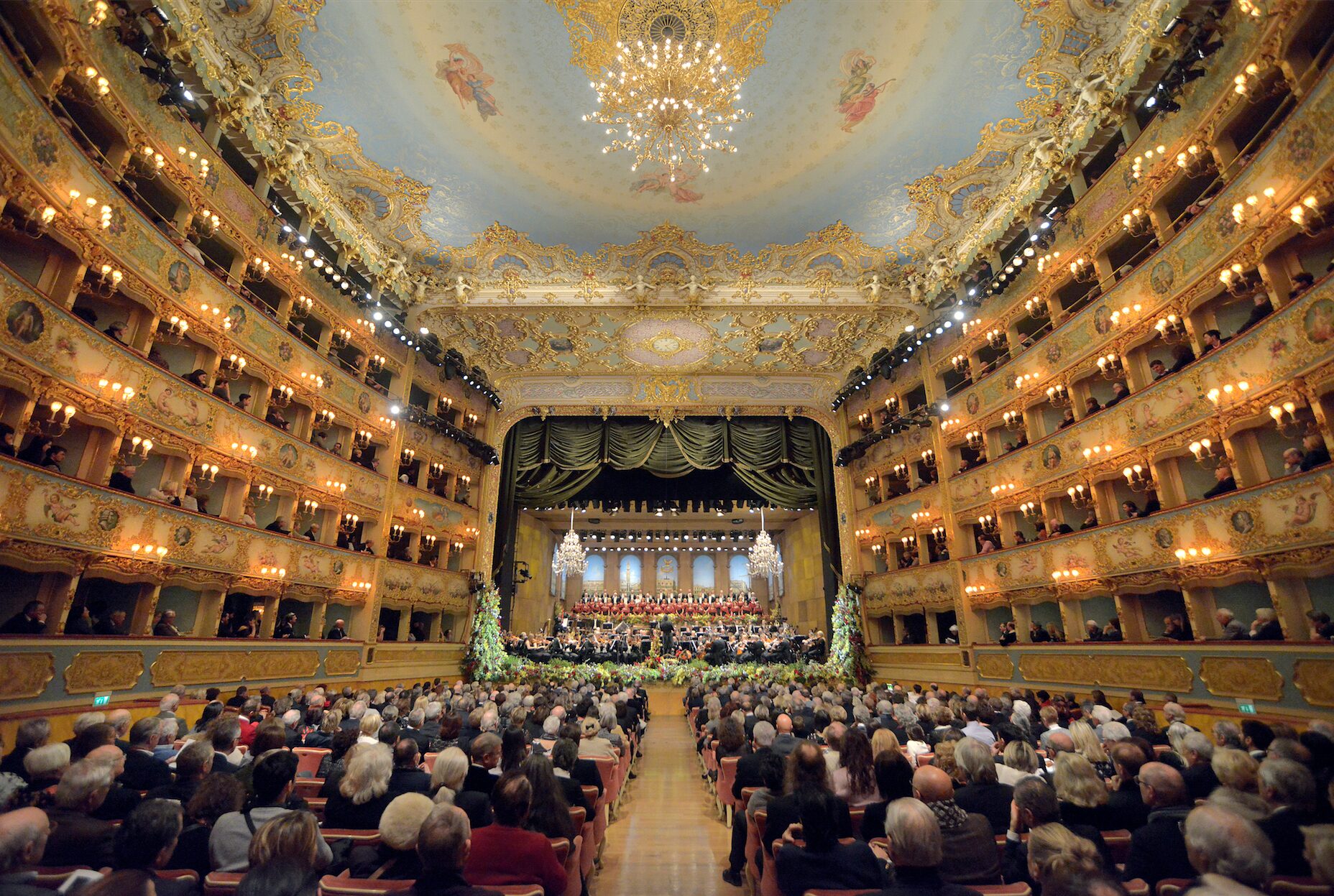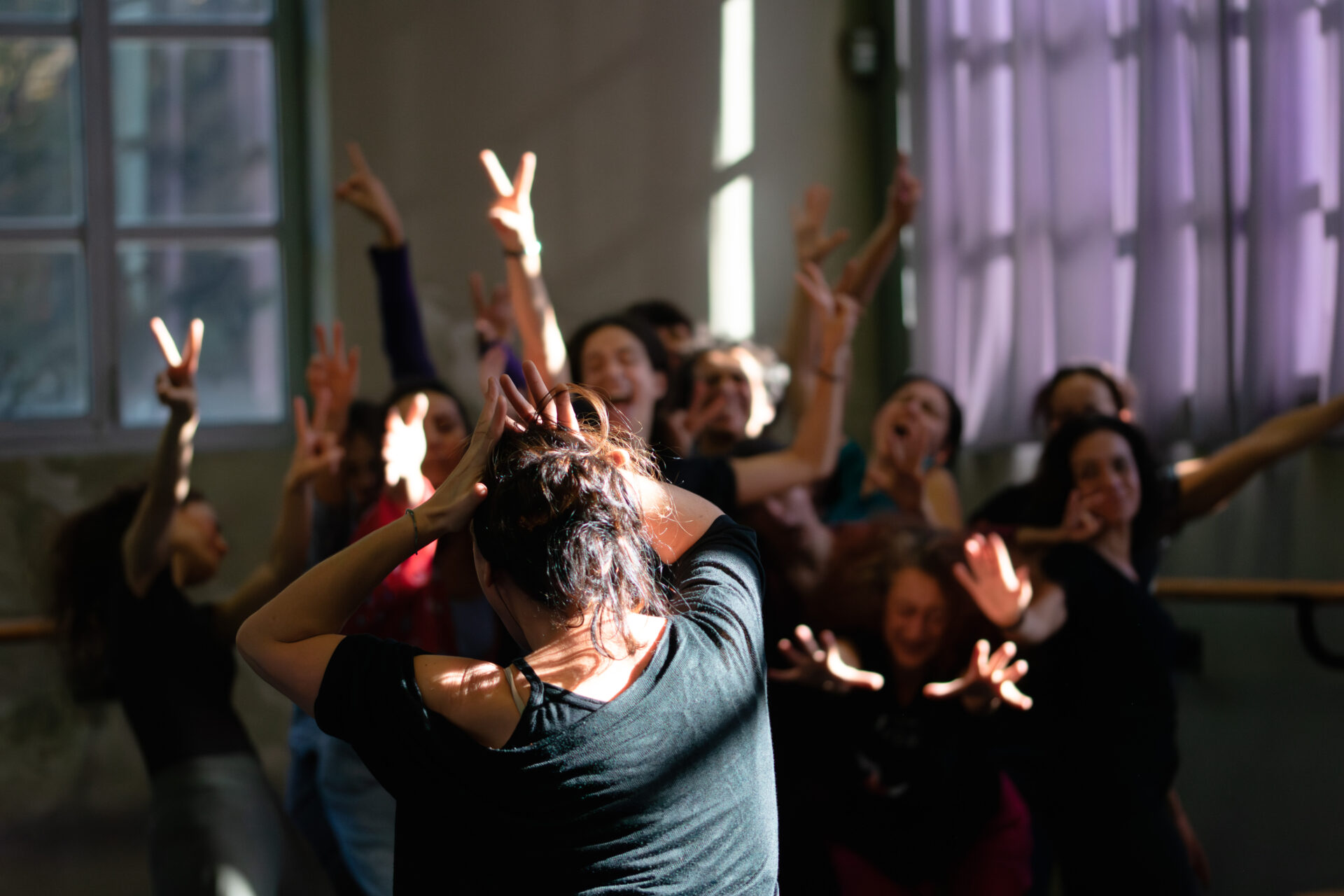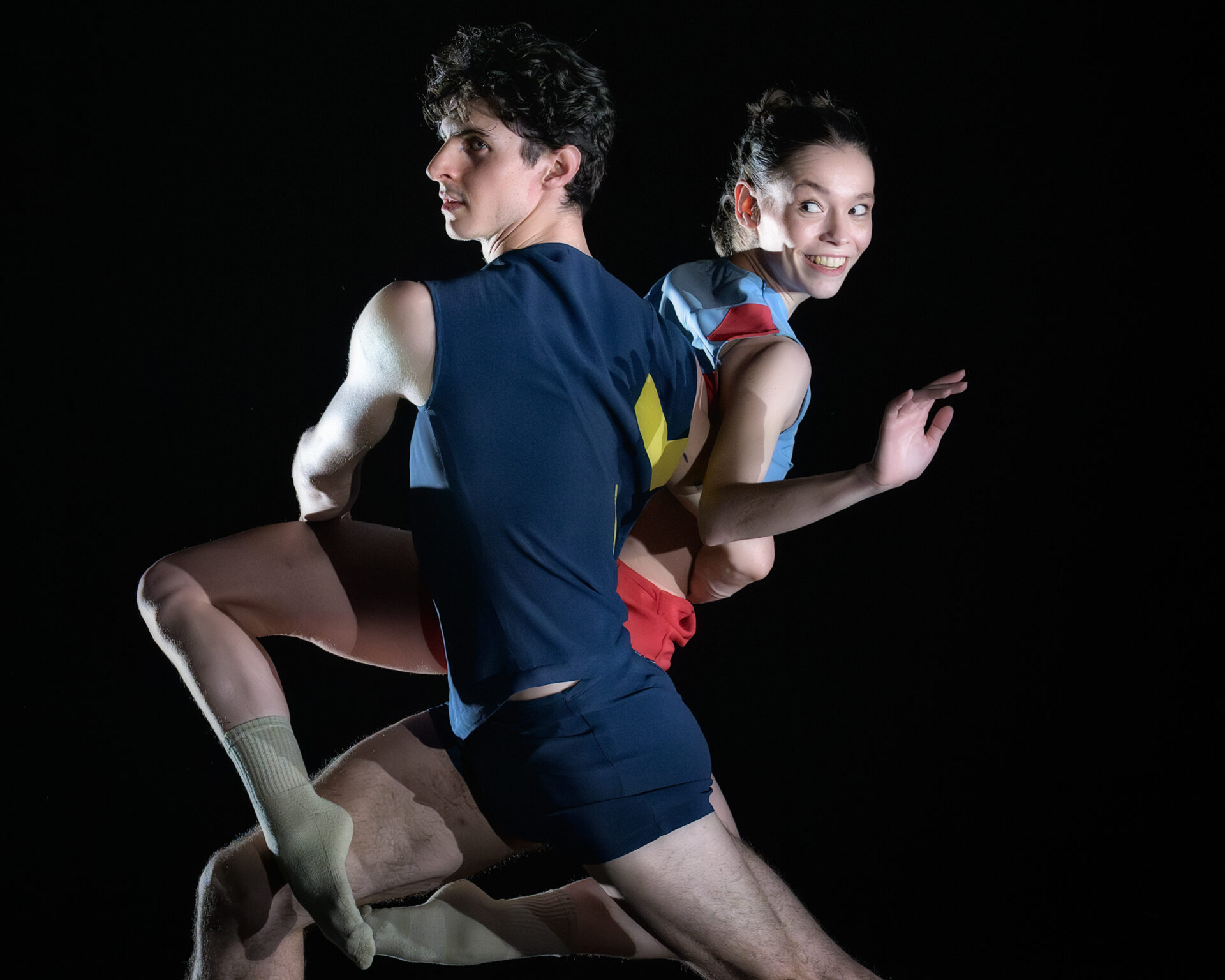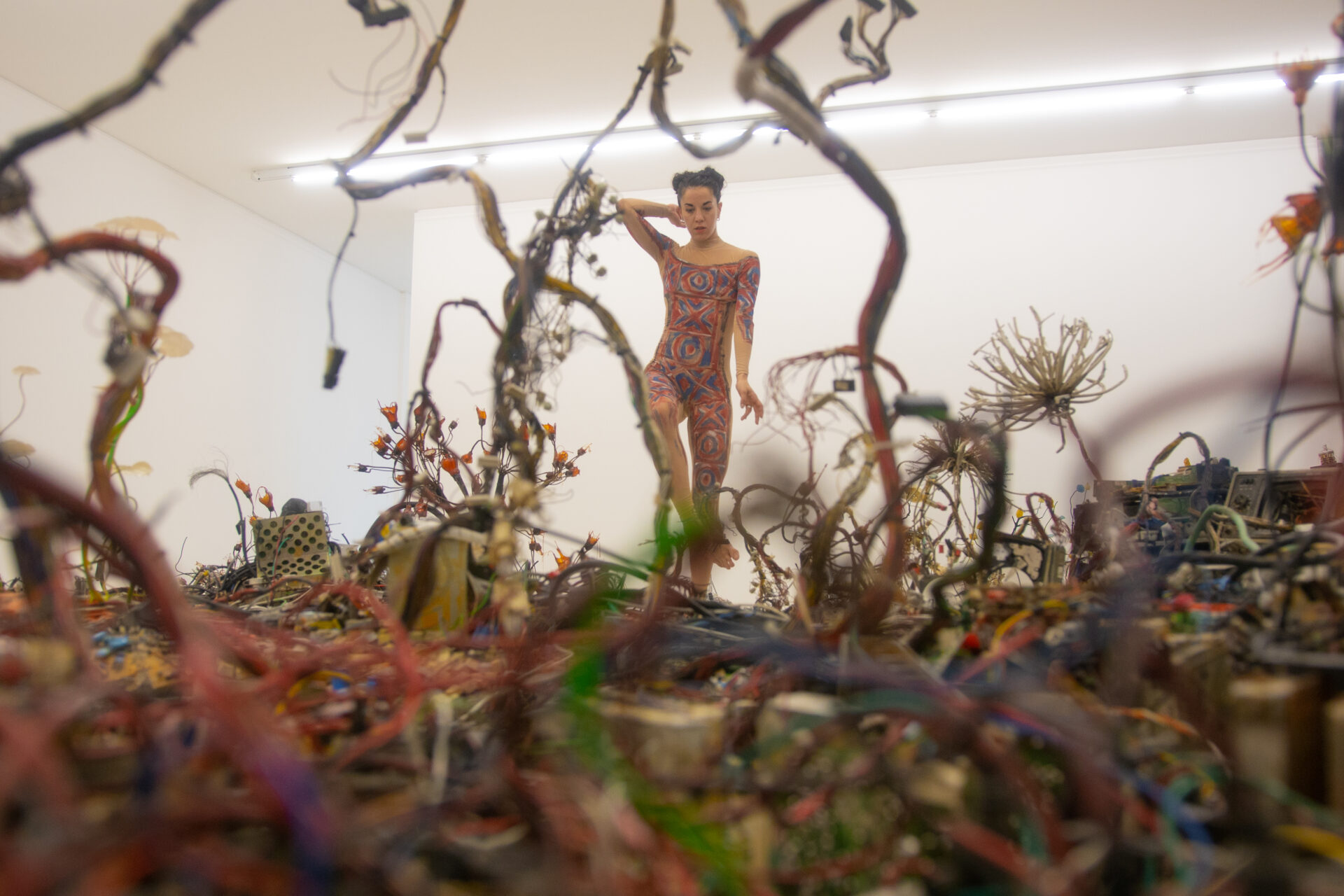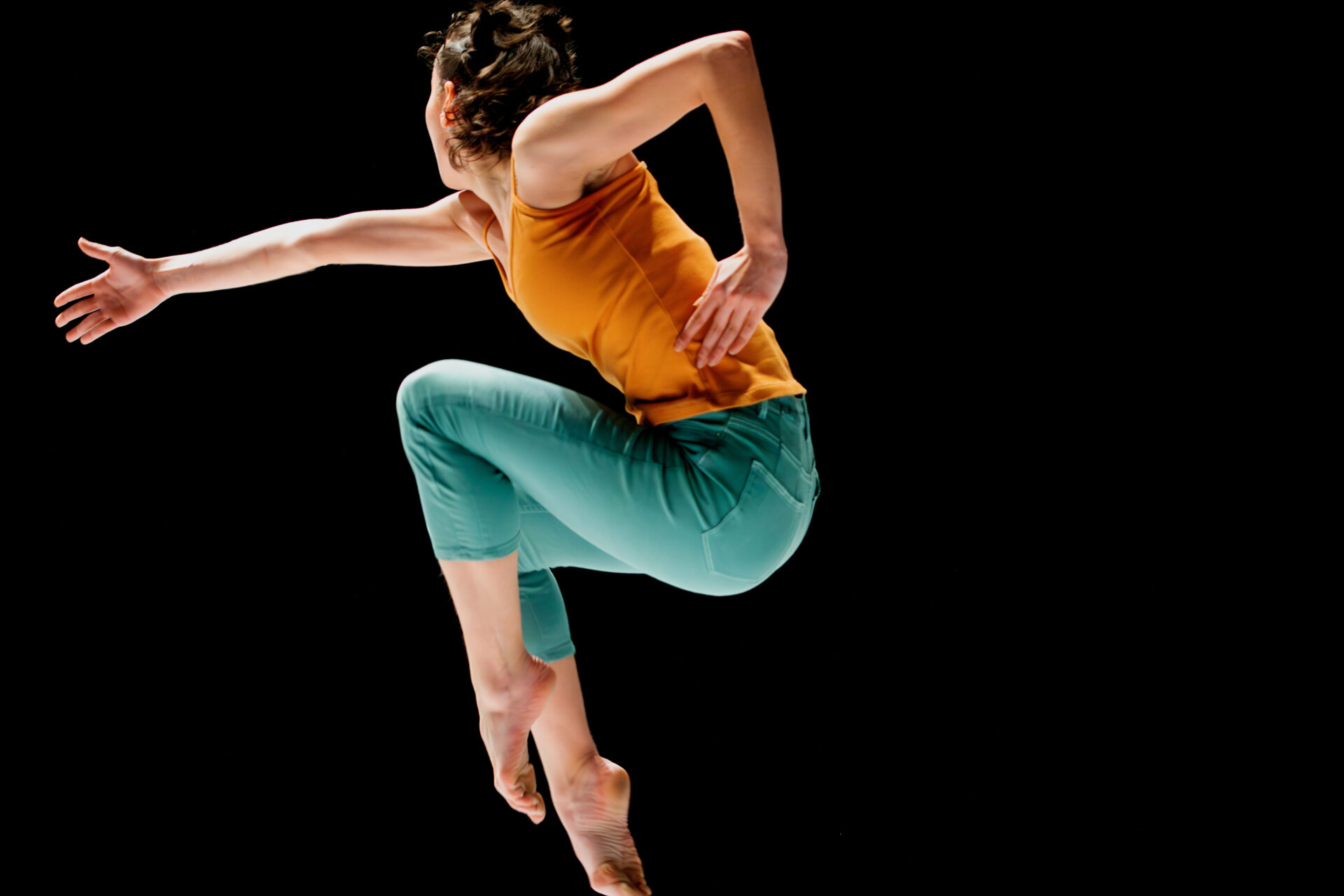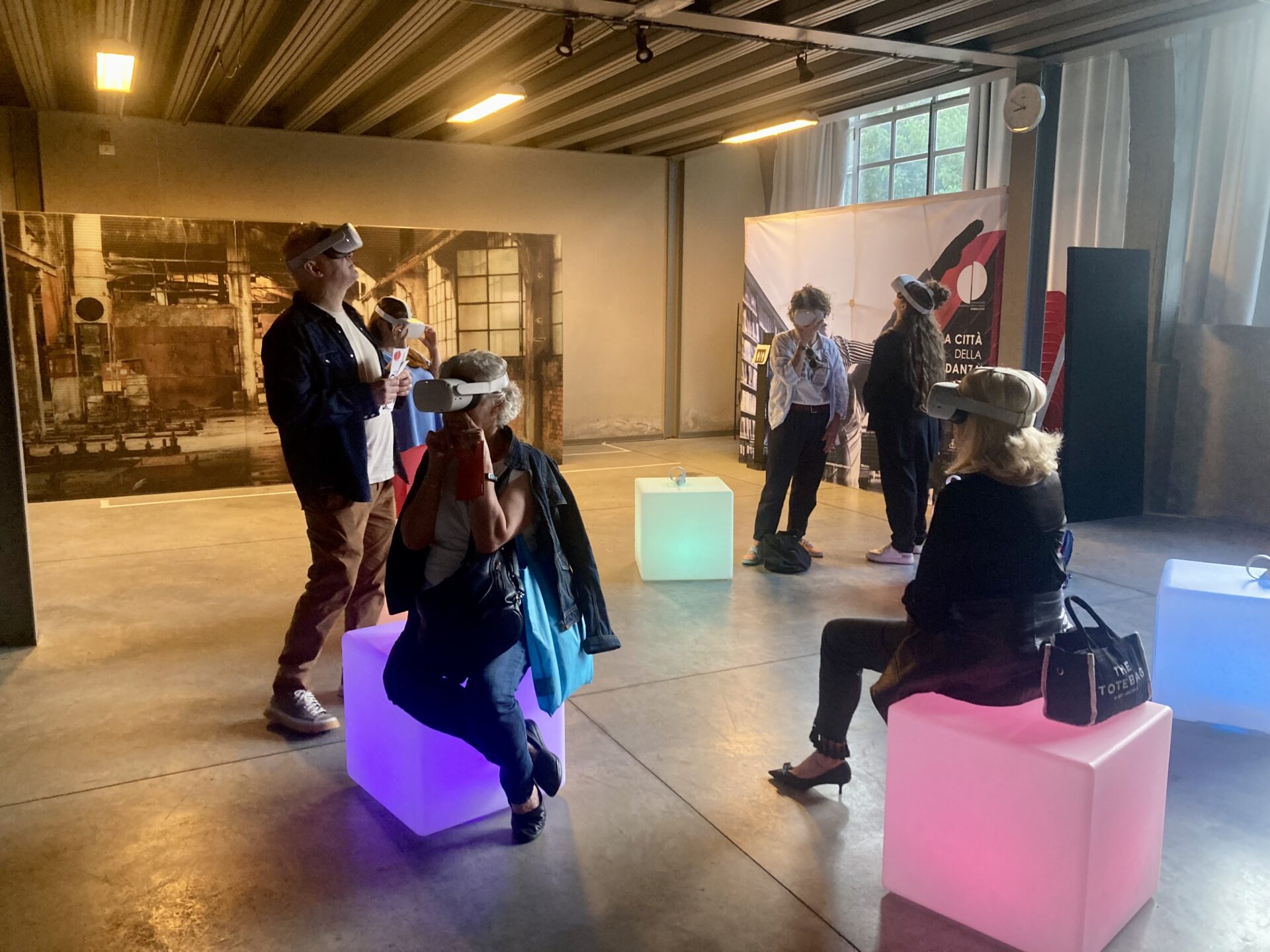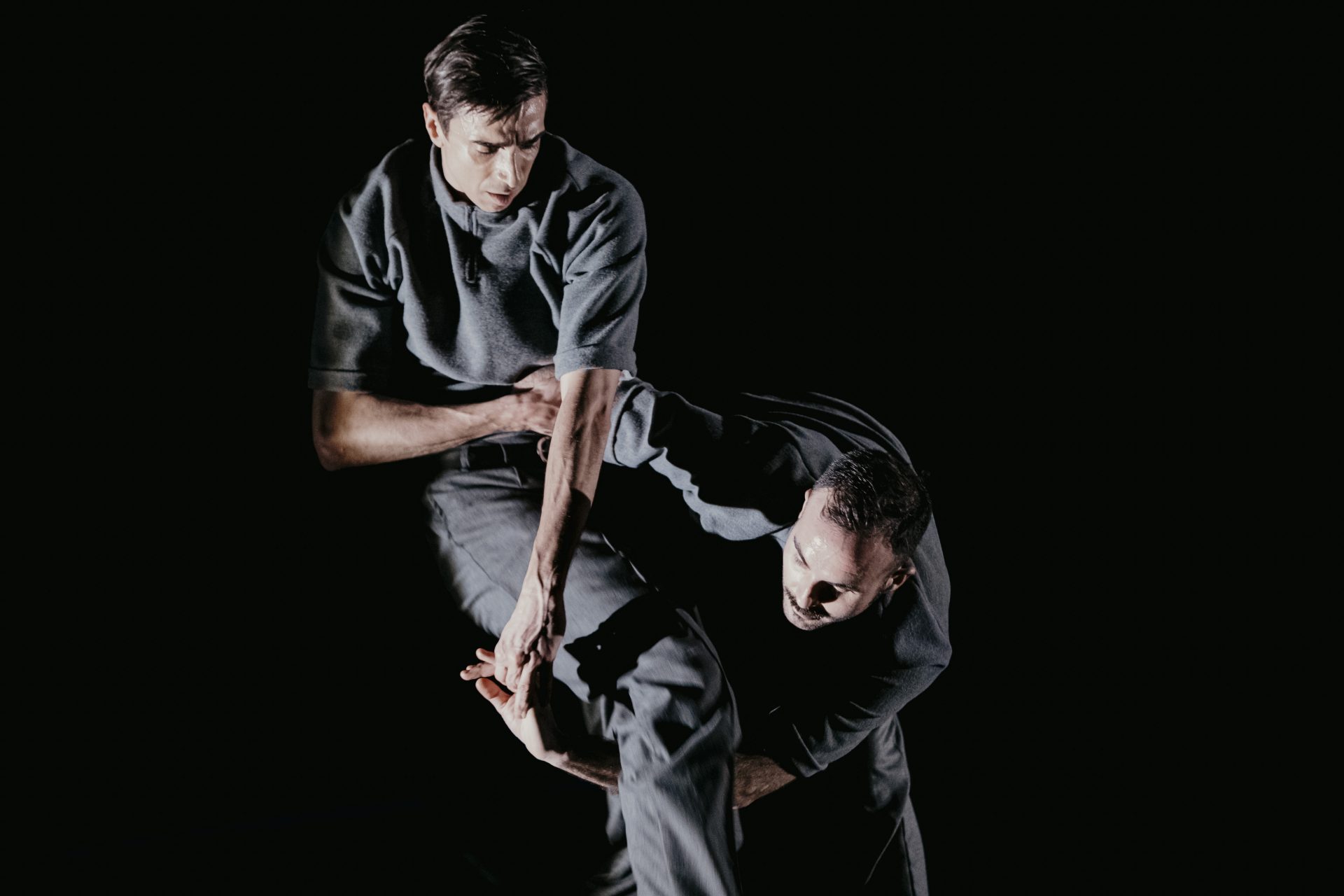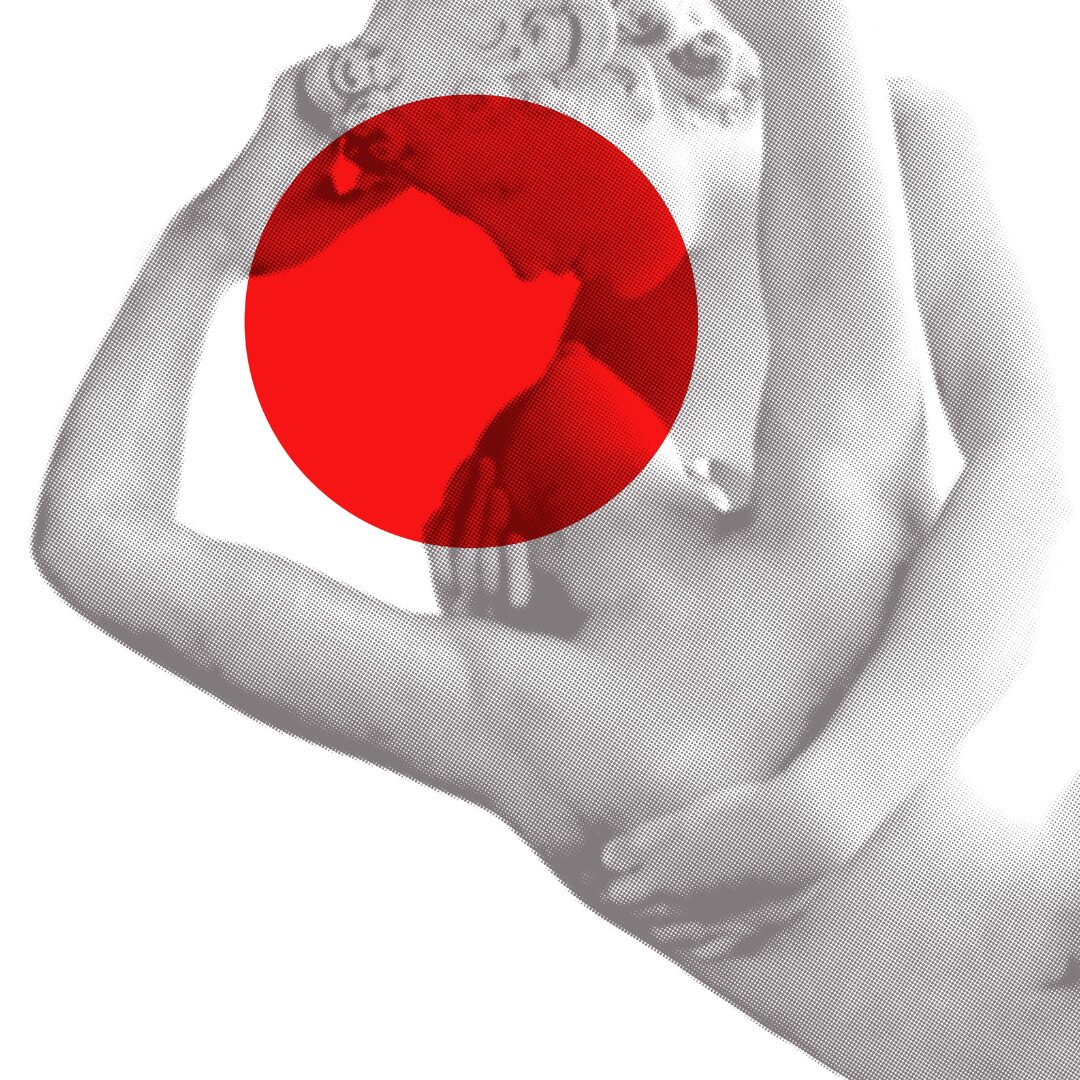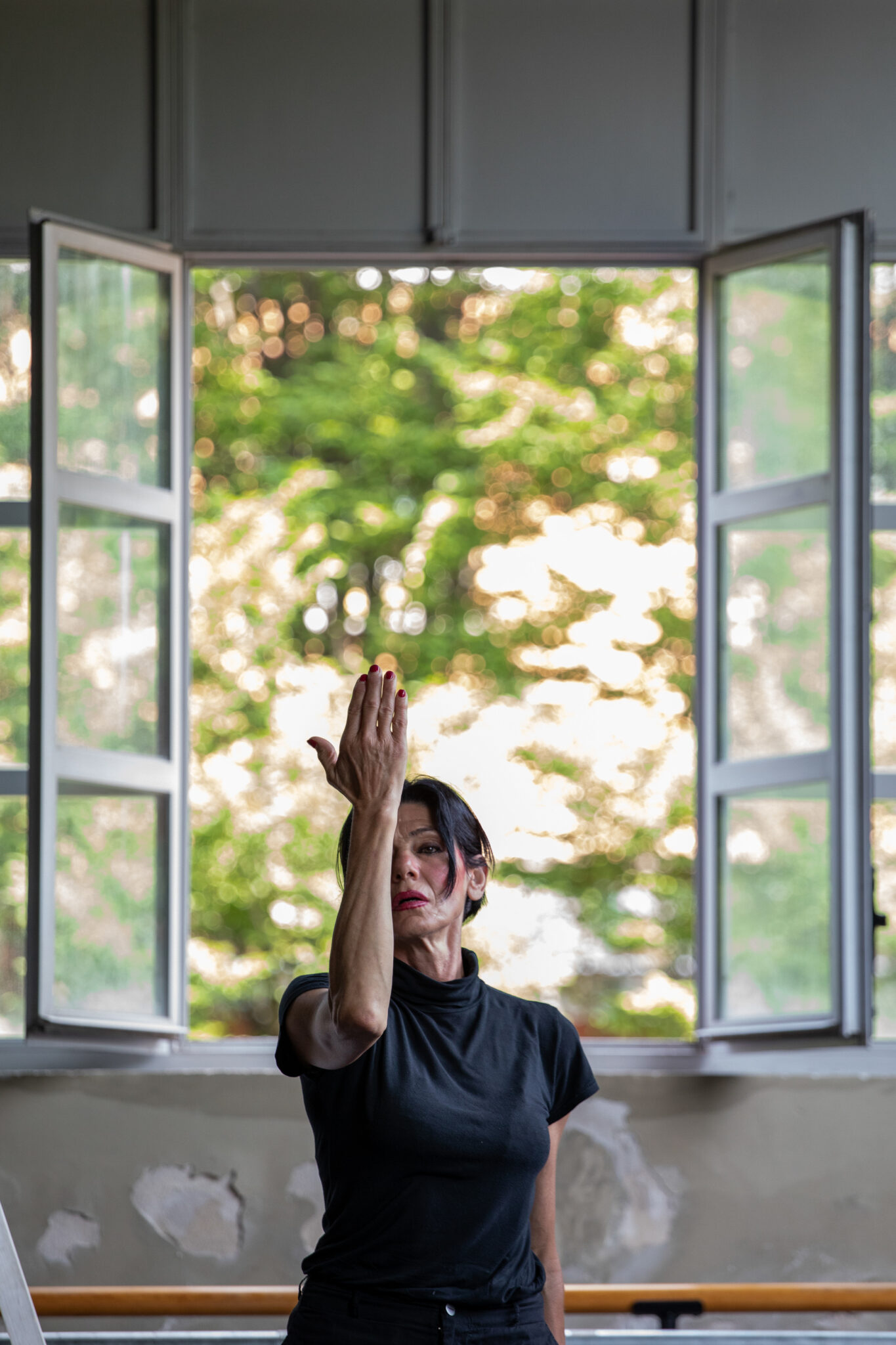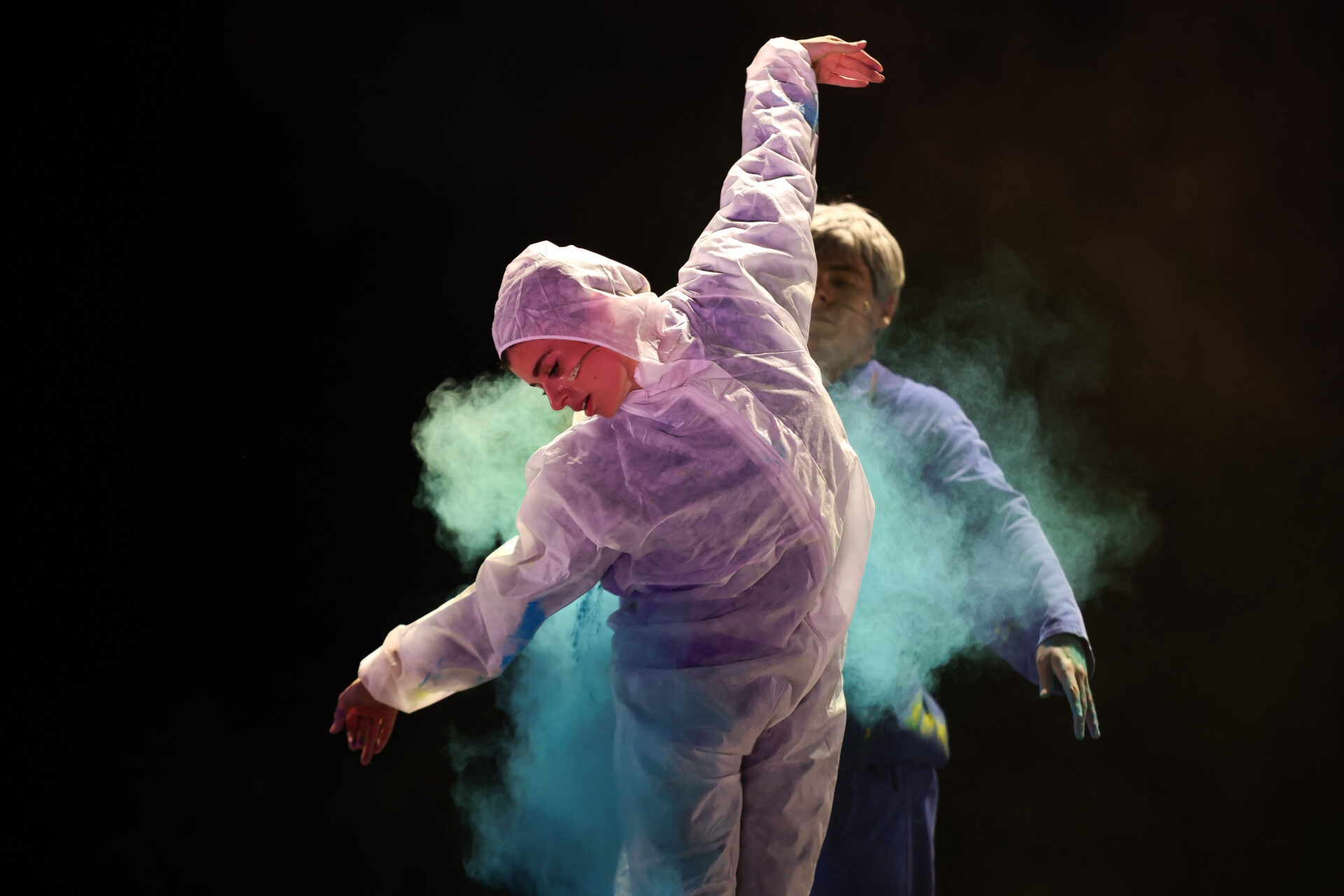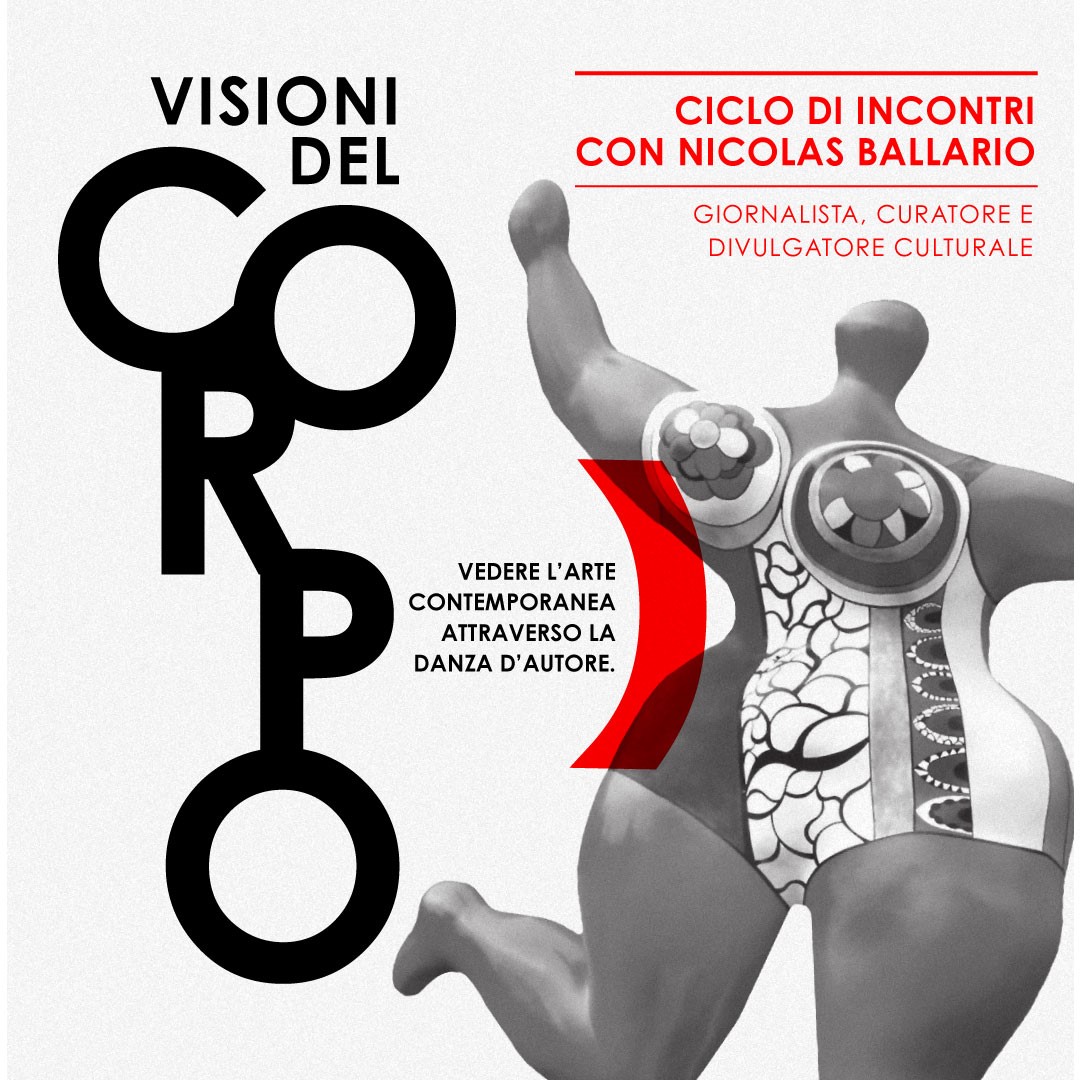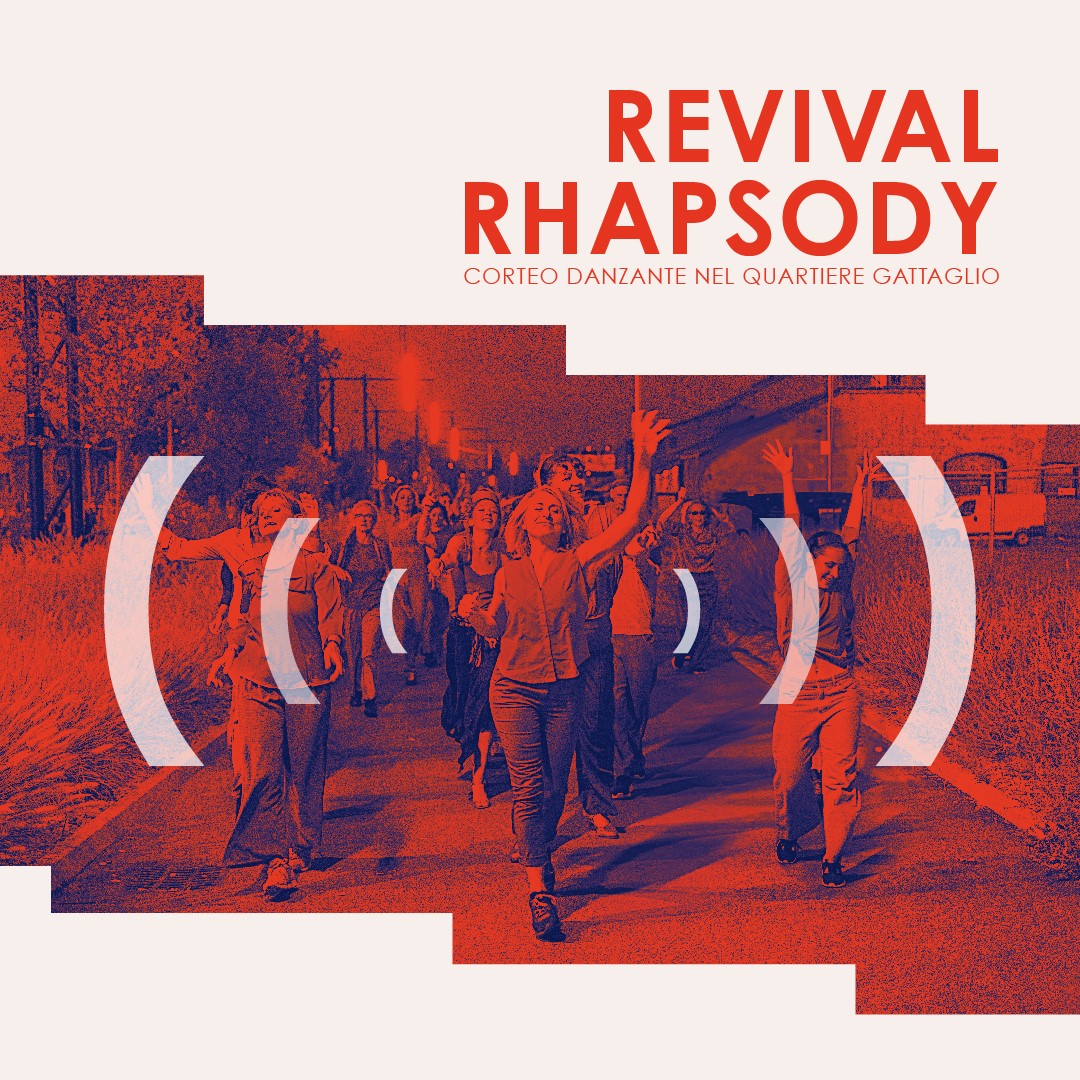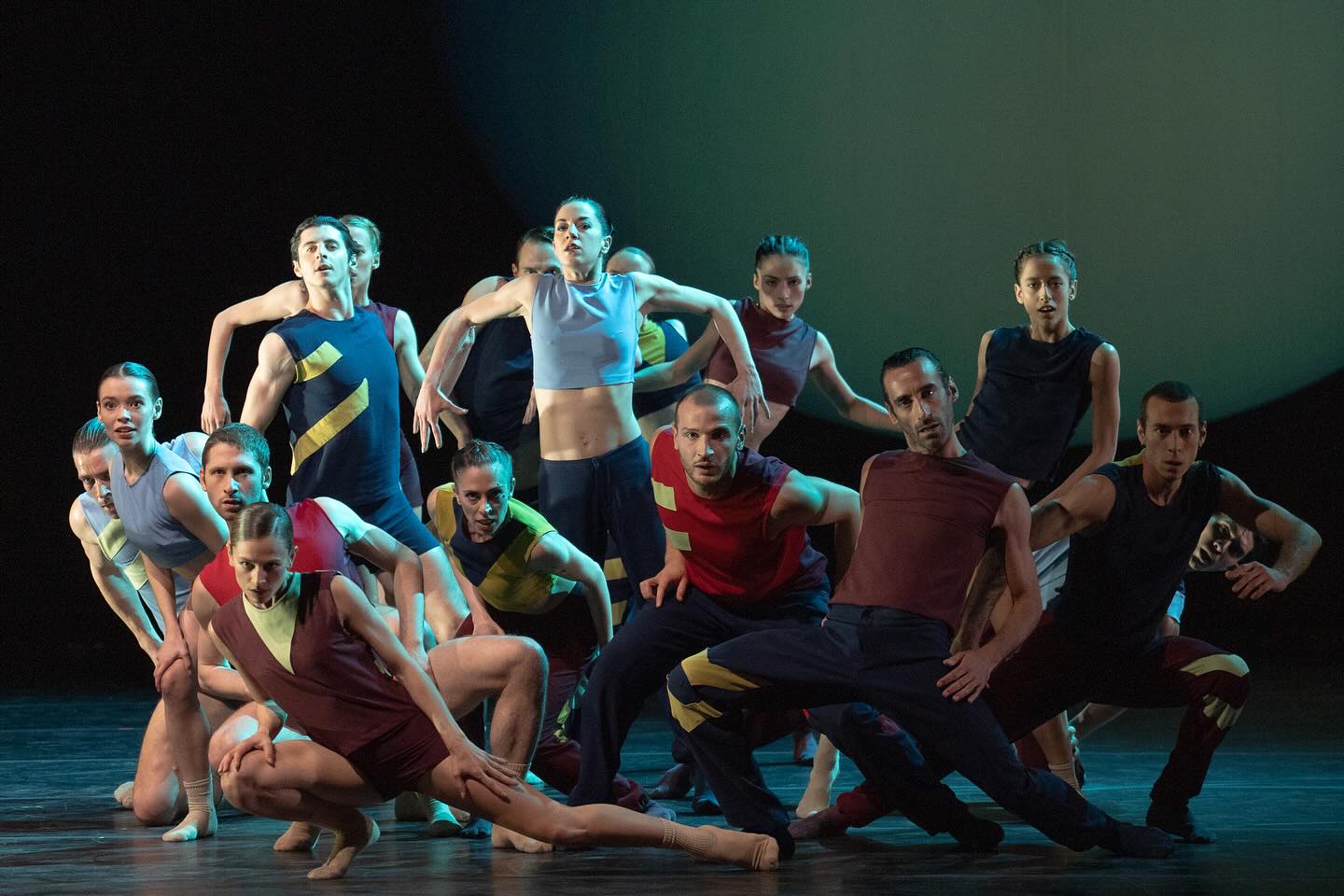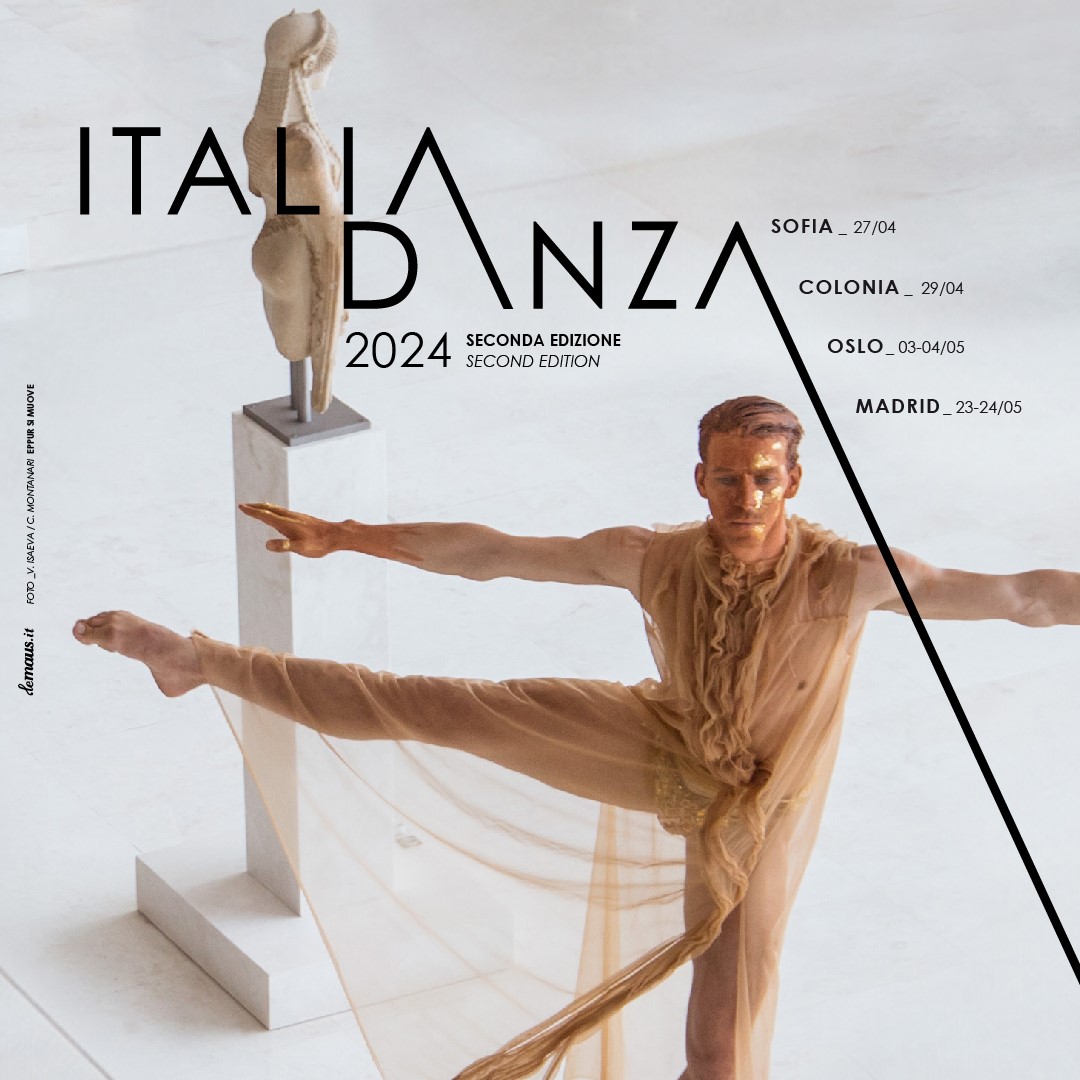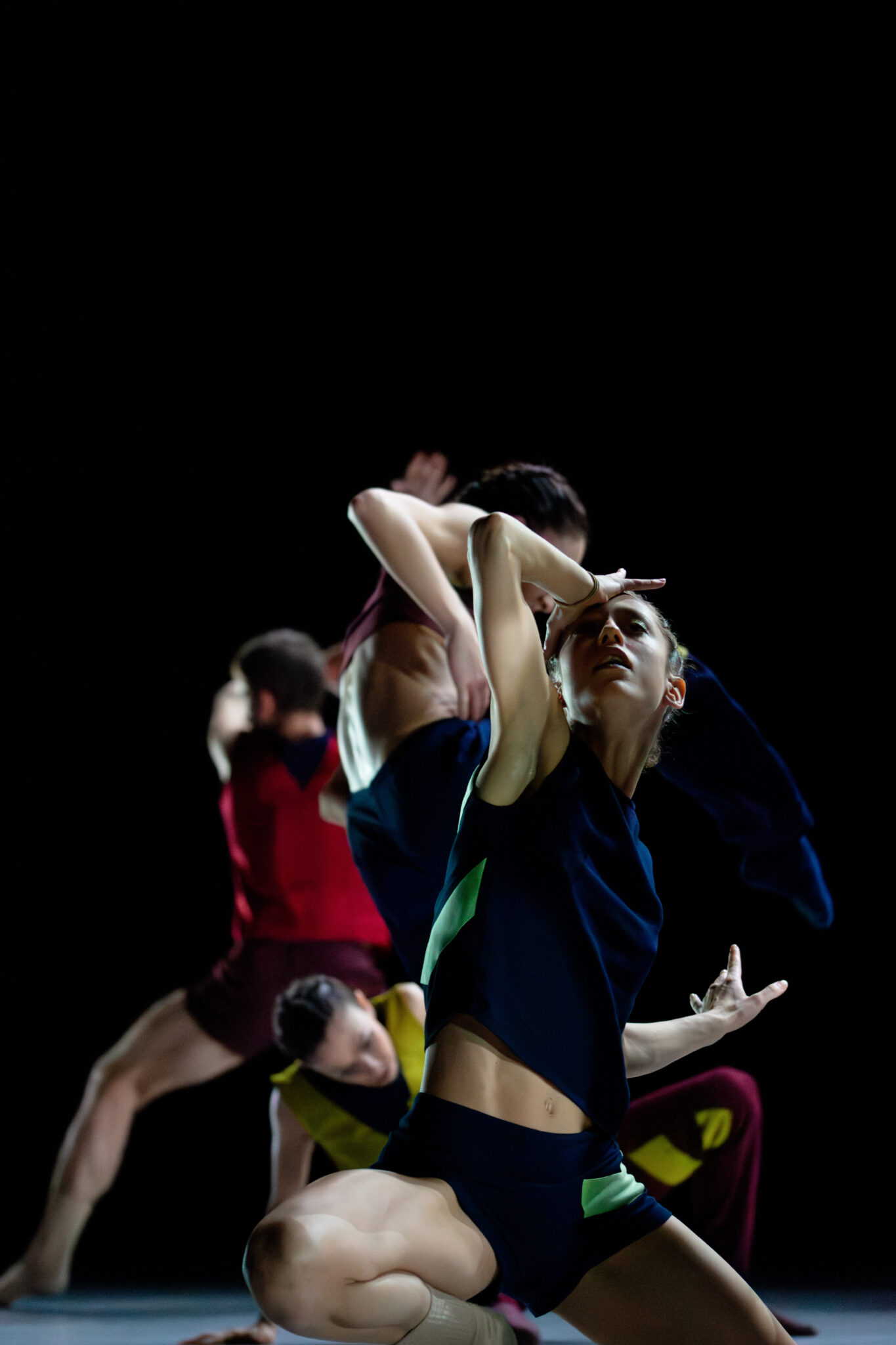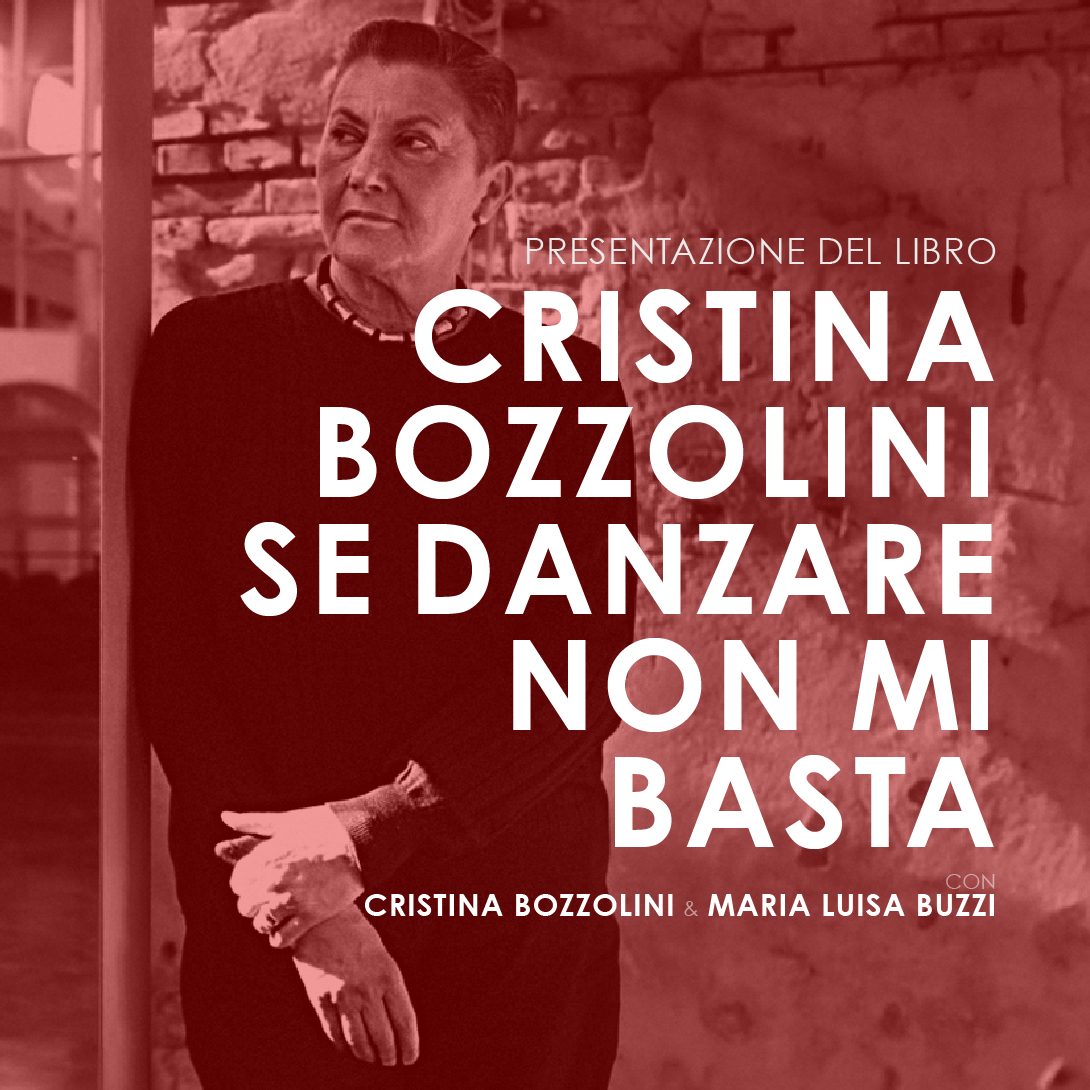Don Juan: interview to Johan Inger
JOHAN INGER’S DON JUAN:
“Nothing can stop the impetuosity of my desires”
BY MARIA LUISA BUZZI
Inger, I know this is a predictable question but it’s an essential starting point: will your “Don Juan” be a narrative work in the traditional sense?
Yes, it will be a narrative title. Traditional? Hopefully not. When I create a narrative production, I strive to find my own view, a reason that justifies my will to deal with that specific literary character. I think and I hope it will not be traditional, though faithful to the story. So many Don Juans have been produced! My scriptwriter, Gregor Acuña-Pohl, and I have consulted as many as twenty-five different texts inspired by that character. I’d say that’s quite a lot! We will take inspiration from different texts and different authors.
I am questioning you on that matter because throughout the large amount of productions you created for the world’s most important dance companies, there are not many narrative titles to be found. I remember a successful Carmen for the Compañia Nacional de Danza in Madrid, which then became part of the repertoire of Ballett Theater Basel and Semperoper Ballett in Dresden, a “Peer Gynt” for Ballett Theater Basel, and a “Petrushka” for Les Ballets de Monte-Carlo. What inspired you to deal with the character of Don Juan?
Yes, I haven’t made too many narrative titles so far … I chose to explore the character of Don Juan, because I think there’s something contemporary in his character, and speaking about him again now might turn out to be interesting.È vero, non ho realizzato molti titoli narrativi fino ad ora…
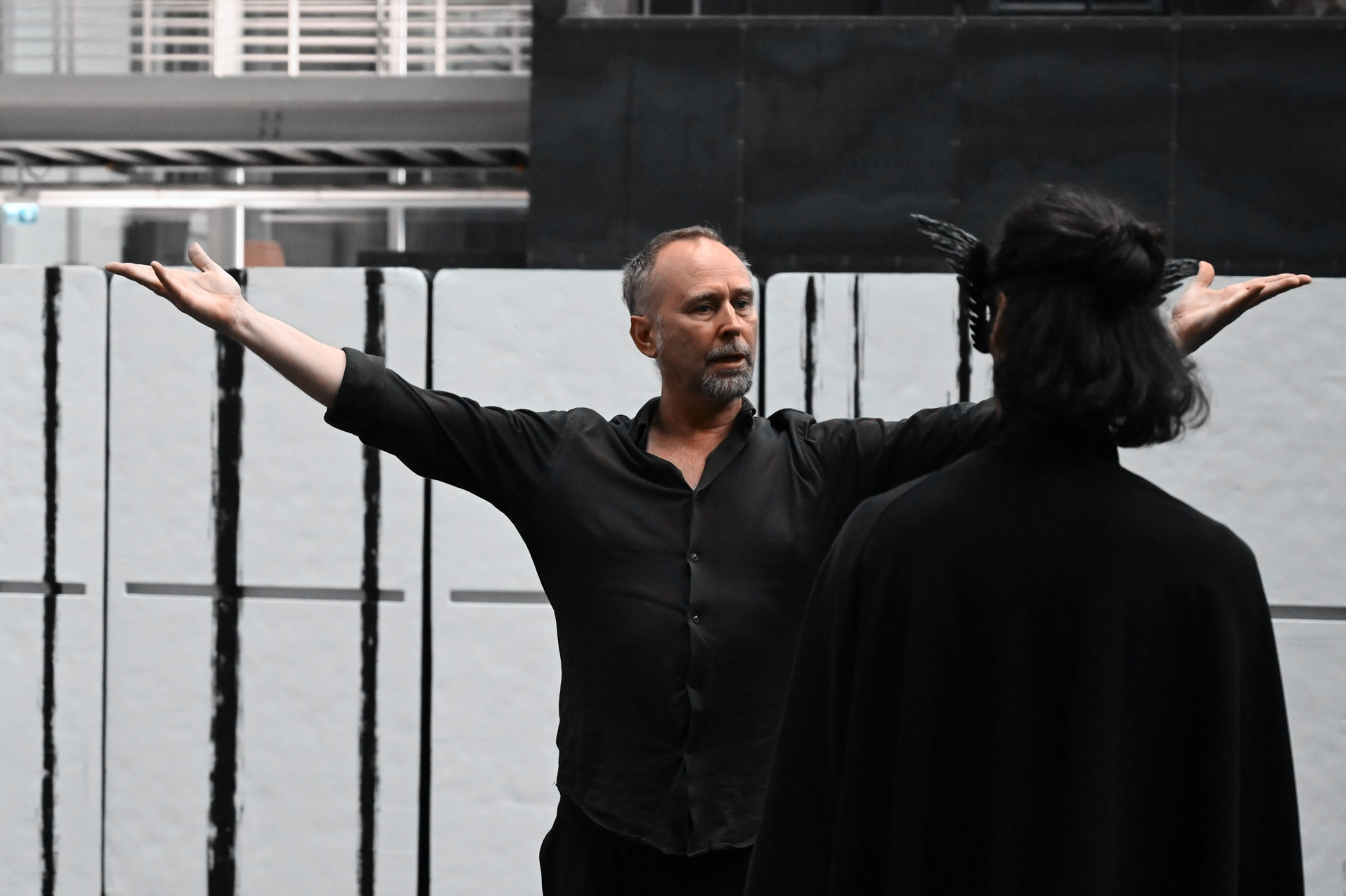
Il coreografo Johan Inger in prova in Fonderia (ph. Celeste Lombardi)
What are the sources of inspiration, then?
My dramaturg (Gregor Acuña-Pohl, editor’s note) and I had lengthy discussions. In the months of preparation, we read the Bertolt Brecht text, the Molière text, of course, the original play by Tirso de Molina, but we also looked elsewhere: an interesting play by Suzanne Lilar (‘Le Burlador’, a feminist perspective on the Don Juan, editor’s note.), which intrigued us a lot.
Could you tell me some more: who is your Don Juan?
My Don Juan carries a trauma that shaped him into his questionable behaviour. He is unable to commit and can only find satisfaction in the moment. He has a very addictive personality. Does Don Juan reflect on his actions? This is where Leo comes into our concept, he contradicts Don Juan and through him, we have tried to create a mirror. Well, he’s a real character… seen through a motherly figure. A human being that suffered the great trauma of abandonment.
A psychoanalytical reading… That reminds me of Ingmar Bergman, his psychoanalytical films, as well as Mats Ek, who, incidentally, is the author of a “Don Juan” for the theatre. Do you feel a bond with your fellow countrymen?
I grew up with these two artists and they have both inspired me, especially Mats Ek, whom I consider as an artistic father. Even if our Don Juan can be construed from a psychoanalytical perspective, there are no connections with Bergman’s poetics. As to Mats Ek’s pièce, I have not had the pleasure to see it, so I don’t know. Our Don Juan looks for his mother in anyone he meets because she had to abandon him as a child. We don’t know why or how but we are sure that her desertion has left a huge void in the young Don Juan and has left him emotionally immature. To fill this void, to cope with his separation from his mother’s womb, Don Juan needs to collect women’s wombs. There’s a sentence in Molière’s text that is key to this: “Nothing can stop the impetuosity of my desires: I feel I have a heart made for loving the whole world and, like Alexander, I wish that there were other worlds, so that I could extend my amorous conquests still further”.
The fact he cannot seriously commit to any relationship makes him shallow and superficial. Is your Don Juan cruel too?
In fact, he’s not an ‘oppressor’, although as he descends into more trouble he ends up as a killer. The script espouses Suzanne Lilar’s approach that I mentioned before: Don Juan is also a woman’s plaything. He can give the women he meets what they want: he gives Zerlina one last affair before marriage and married life; he gives Tisbea the illusion she is leading the sex game; he gives Donna Ana the passion and the pleasure that her husband Ottavio can’t give her. Don Juan adapts to his women…
Seen this way, it seems your Don Juan definitely won’t go to hell…
The character could be construed in a religious sense as in the original pièce that is about the dichotomy between heaven and hell and where Don Juan is sentenced for killing his fiancée’s father and for breaking too many hearts, but we will not do that. Our atheist view of the world makes us our own judges. So, in our Don Juan we will not see a fall into the hell of a sinner, but rather we leave the interpretation open to the spectator. Maybe Don Juan finally, too late, becomes aware of his crimes and ravenously surrenders to his fate made of vices and ghosts of the past? Or is he just a victim of something greater than himself? I don’t want to reveal it. But I can say that in my version Don Juan has several opportunities and chances to escape judgment and change thanks to Leporello.
On what terms does this bond between Don Juan and Leporello take us back to the subject of judgement?
In the sense that they are each other’s alter ego. In our production, Leporello is not a servant, that would not be modern as a character. For us, Leporello who we will name Leo, is the pure and moral side of Don Juan, who is instead arrogant, pompous and always on the run. Leo knows that Don Juan is in the wrong, he tries to distract him from evil deeds but he won’t listen.
And will the Commendatore be in your production too?
The Commendatore character is one with Don Juan’s mother, the only real ‘judge’ of his life. so deeply that, in the scene of the rape of young Ines (a high-school student), Don Juan unconsciously sees his mother instead of the girl and there and then he understands he’s in the wrong. It is as if he had heard his mother whispering: “What are you doing, son?” .
Will his mother’s warning manage to stop him?
No, it won’t, it’s too late! Imagine a drug addict, knowing that this needle might kill him, he will still take it. Guilt won’t last with him. He’s an “addict” and will keep on looking for his next “fix”. And even when, all of a sudden, the ghosts of his victims appear, he is unflappable.
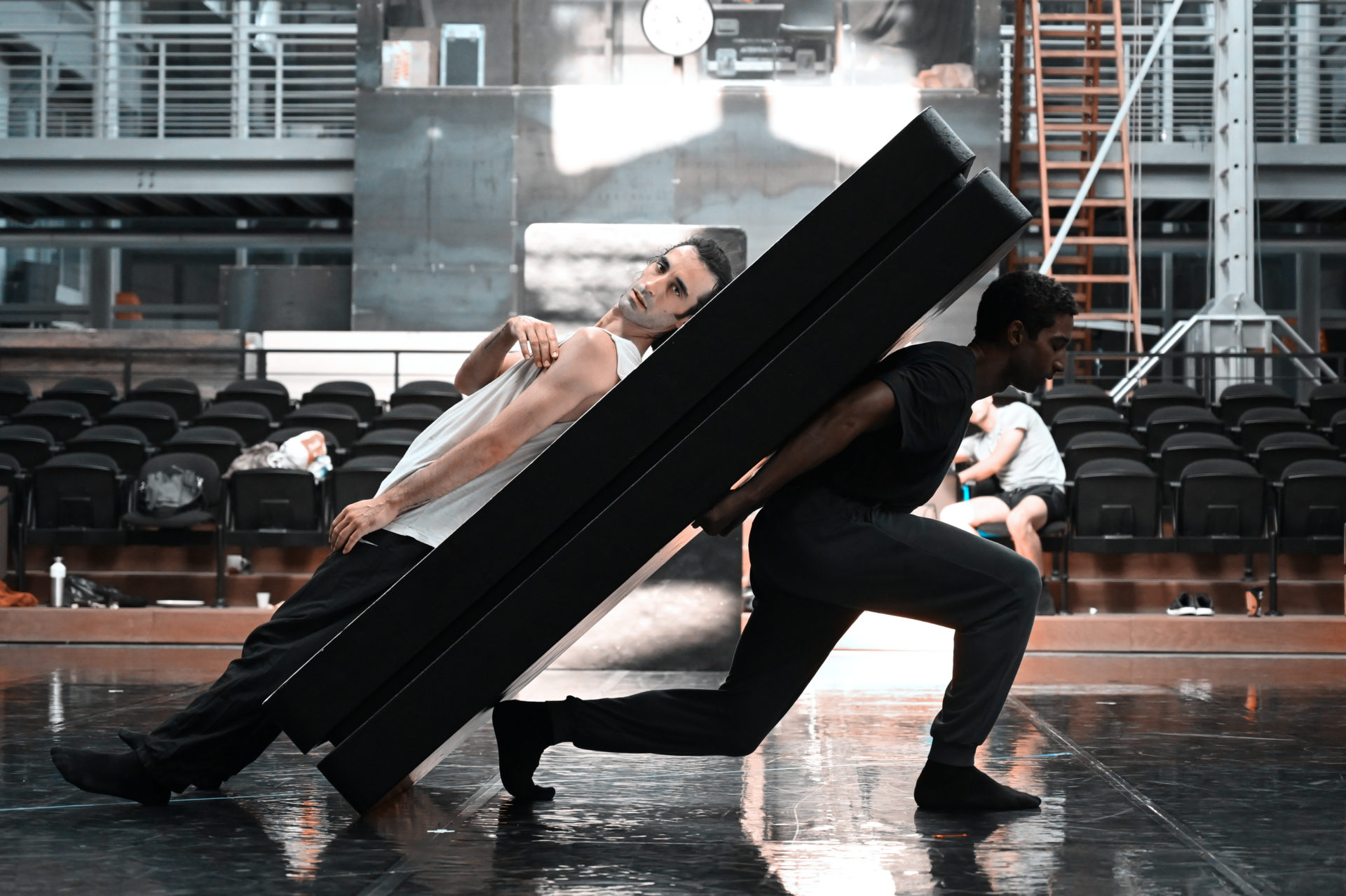
Don Juan and Leo / Saul Daniele Ardillo and Philippe Kratz (ph. Celeste Lombardi)
Let’s talk about the music you commissioned to Marc Álvarez based on Christoph Willibald von Gluck’s version.
Marc Álvarez is doing an entirely new score, with maybe some references to Gluck. We are working on it. The process is in full swing but the idea is to add melodic references to the past versions in the new score, to build a deeper bond with the story even if we are thinking of something entirely new, an original piece of music.
An original score for the orchestra?
Together with Fondazione Nazionale della Danza / Aterballetto, we are considering the option to orchestrate Álvarez’s score so we can have the orchestra playing live.
As to the set, what has your set designer, Curt Allen Wilmer, come up with?
The set has neither geographical nor historical connotations. It will be modern, neutral, with self-propelled props: as the play goes on, they will get darker and darker to symbolise Don Juan’s gradual downfall. As for the costumes (by Bregje van Balen, editor’s note), instead, we are working on very distinctive connotations and styles. I am thinking of an intriguing combination of old and new; after all I have always liked to play with contrasts and with overturning views. An example: in the Carnival scene, Don Juan, who is the bad one, is dressed up like an angel, while Leo, who’s the good one, as a devil.
Is “Don Juan” a production for the whole company?
Yes, I am working with the entire Aterballetto staff, sixteen dancers, alternating solo roles and the group, in two different casts, so that everyone can feel they are an integral part of the production. I am thinking of Don Juan as of a Kammerspiel, and I see three big collective moments: the wedding, the carnival and the finale. As to the rest, I am creating some more intimate scenes. I am glad to work with a fairly small company: I am in a better position to explore the psychological dimensions of every character.
Are Aterballetto dancers involved in the creative process?
Of course! Even if my working method consists in getting into the rehearsal room with a very clear idea of what I am going to do, I don’t prepare the steps beforehand, and when I meet the dancers I ask them to follow my thoughts, to share them, with their movements. But this is no impromptu work: I don’t ask them to give me their movements and I don’t give them any tasks.
What is, in your opinion, the relationship between music and composition?
For me, music is extremely important. It inspires me and guides me in my productions. Working on an original score, as in this case, makes the process complicated and more ‘blind’. We have to start from the script and from each single scene and find the suitable music with the composer. Parallel processes that involve more far-ranging and undoubtedly… more poignant efforts! Quite different from making, for instance, a Carmen to Bizet’s music, where the score is a safe foothold.
News
Season’s Greetings from all of us at Centro Coreografico Nazionale / Aterballetto
Season’s Greetings from CCN/Aterballetto: celebrate with us a New Year filled with dance!
NEW YEAR’S CONCERT 2025: ATERBALLETTO AND MARCOS MORAU LIVE ON RAI 1
This year, Aterballetto celebrates the arrival of the New Year with the New Year’s Concert at Teatro La Fenice in Venice, broadcast live on Rai 1 on January 1st, featuring original choreography by Marcos Morau.
Tracce di Frida – The Resilient Body: The New Project with Modena AOU
The collaboration with the University Hospital of Modena (AOU) brings to life “Tracce di Frida: The Resilient Body”, a workshop led by Lara Guidetti and aimed at women with Chronic Inflammatory Bowel Diseases.
Open Dance: a dialogue with CNA fo.er on Cultural Welfare
On December 12th, an online event to discuss dance as a tool for collective well-being. Reserve your spot.
AUDITION 2025
We are looking for new dancers to join Aterballetto Company. Submit your application!
THE LIGHT OBSERVER MAGAZINE FEATURES TOUCHPOINT
The CCN/Aterballetto project with Maramotti Collection featured by the International Magazine The Light Observer. Read the article with interviews of the dancers from Aterballetto.
A NEW REPLICA OF NOTTE MORRICONE IN REGGIO EMILIA
On March 4, 2025, a new replica of the show by Marcos Morau is scheduled at the Teatro Valli in Reggio Emilia. Active promotion for Black Friday.
NOTTE MORRICONE: JOIN THE SURVEY
If you have already seen the show directed by Marcos Morau, you can share your opinion by participating in the survey created by Artfiles.
WAITING FOR NOTTE MORRICONE: A FESTIVE EVENING AT THE FOUNDRY
Monday, October 21 is one of those evenings you can't miss: open rehearsal, a meeting with Marcos Morau, and the inauguration of the new foyer. Celebrate with us!
The collaboration with Collezione Maramotti gives rise to “Touchpoint”
The new multimedia project blending dance and visual arts is launched, resulting from the encounter between the dancers of Aterballetto and sixteen works from the Collezione Maramotti.
With Notte Morricone, the 2023/2024 season comes to a close.
Watch the outdoor debut of Notte Morricone at the Macerata Opera Festival. Find out what awaits you in September!
Audition for High Educational and Production Project – 2025
New advanced training and production program for 15 young dancers. Submit your CV.
The virtual dance at Videocittà
July 6, 2024, Rome - Virtual Dance for Real People is at Videocittà, the festival dedicated to digital vision and culture.
One More Dance? The new Advanced Training course begins
Until July 10, 2024, registration is open for ONE MORE DANCE?, the new Advanced Training course promoted by CCN / Aterballetto, together with CNA Foer and Festival Oriente Occidente.
Il combattimento di Tancredi e Clorinda
Press Conference: June 11, Rome. A dance and live music project for the promotion of Italian cultural heritage
Ginevra: the research work within “Archives and Health”
May 23rd and 30th, 9:00 PM: the outcomes of workshops for people over 50/60 by LUC, curated by CCN/Aterballetto
REGGIONARRA 2024 COMES TO THE FONDERIA
After last year's success, Reggionarra 2024 returns to enliven the halls of our Fonderia in Reggio Emilia for a day entirely dedicated to children and families.
Visioni del Corpo
May 27th at 9:00 PM at Fonderia: The Body in Danger with Nicolas Ballario, Roberto Tedesco, and Roberto Escobar in partnership with festivalfilosofia
REVIVAL RHAPSODY: THE DANCING PARADE OF REGGIO EMILIA
On May 18th, 'Revival Rhapsody' will cross the Gattaglio District: in collaboration with the Municipality of Reggio Emilia, the outcome of the free and aimed at all ages workshop under the guidance of Lara Guidetti.
Viva la Danza: primetime on Rai 1 with Roberto Bolle”
Among the great performers of Roberto Bolle's Gala - airing on April 29th on Rai 1 - is also the Aterballetto Company with 'Rhapsody in Blue'.
ITALIA DANZA: THE SECOND EDITION
From Sofia to Madrid, passing through Oslo and Cologne: this is the second phase of Italia Danza, on stage from April 27th to May 24th, 2024.
‘Rhapsody in Blue’ at the Baths of Caracalla
On April 13th, the Aterballetto Company will perform in Rome to inaugurate the Water Mirror at the Baths of Caracalla.
NOTTE MORRICONE BY MARCOS MORAU
We have officially presented the new production signed by Marcos Morau, paying tribute to the genius of Maestro Ennio Morricone. On stage on August 1st at the Macerata Opera Festival and from October 24th to November 10th at the Teatro Argentina in Rome."
“Se danzare non mi basta”: Cristina Bozzolini at Fonderia to present her book
Friday, April 5th, at 7:00 PM > Cristina Bozzolini and Maria Luisa Buzzi present Cristina Bozzolini's book to the public, edited by the critic and journalist Silvia Poletti.
D&D DANCE PILLS: THE FOURTH EPISODE ABOUT ‘NOTTE MORRICONE’ BY MARCOS MORAU
In the fourth episode of "D&D Dance Pills," Maria Luisa Buzzi interviews Marcos Morau, the author of 'Notte Morricone', a new creation set to debut on August 1st at the Macerata Opera Festival.
